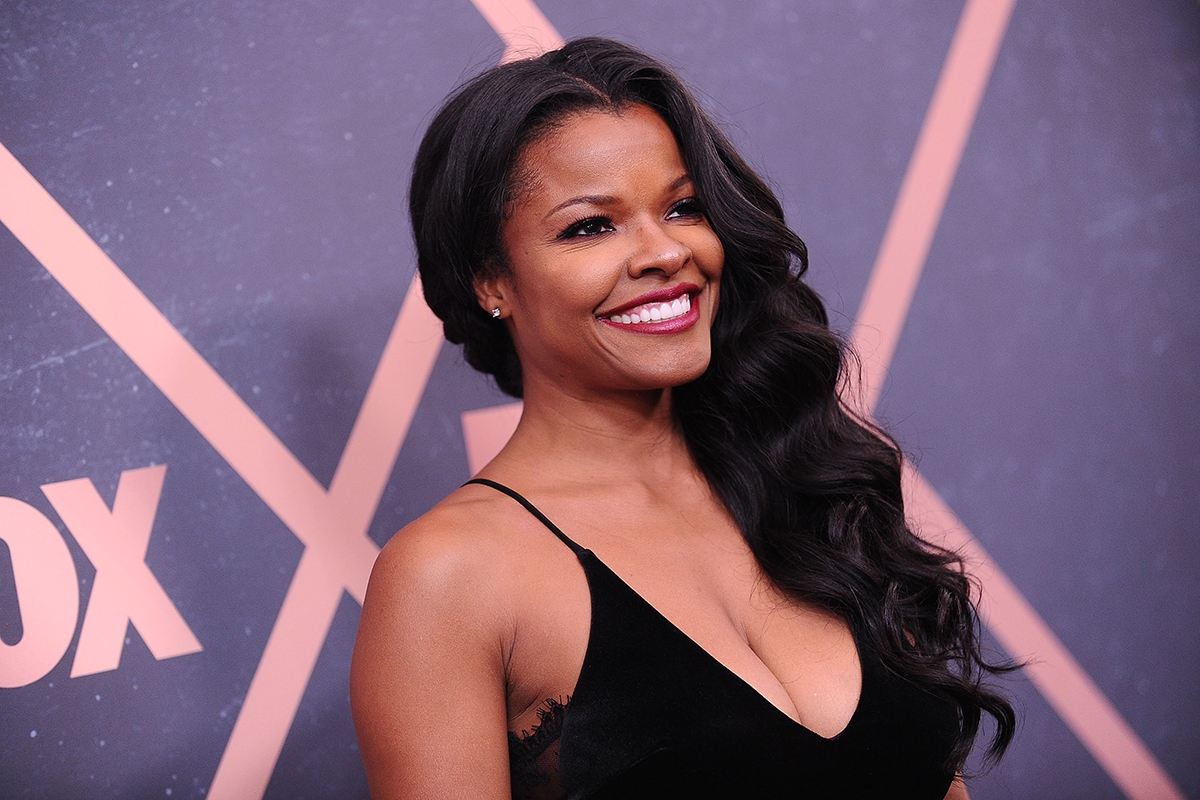Black women aren’t often recognized or remembered for their extensive contributions in history. However, with her roles in film and on television Keesha Sharp is making sure that some of these women are getting the recognition that they deserve. Last year, the Girlfriends alum starred in the critically acclaimed FX series, American Crime Story: The People v. O.J .Simpson as Dale Cochran, the wife of the infamous attorney Johnnie Cochran. Her most recent role as Buster Marshall – the wife of Supreme Court Justice Thurgood Marshall in the legal thrill Marshall proved that Sharp is ready to give more unsung women the spotlight. When Sharp heard a film about Thurgood Marshall's life was in development, she jumped at the chance to be involved. "I said, ‘Oh my god, they're doing something on Thurgood Marshall!,’” Sharp told me just a few days after she’d been nominated for an NAACP Image Award for her role in the film. “I was so excited even to be able to audition for it, to be honest, because is someone in this country I don't think we know enough about. We know the two major things, but a lot of us don't know the struggles and the fights. I think it's important for us to see and to know that we can do that too. It gives us inspiration that this man started someplace where we all can start. We can all be advocates for things that we believe in. It was exciting to be a part of it, and I was so really blessed when I got the role.”
Since she was such a private woman, there is little known about Vivian “Buster” Marshall, but we do know how much she sacrificed for her husband and for Black people's education in this country. “She had cancer while was fighting , but she did not tell him," Sharp explained. “She didn't want him to be distracted in any way. It tells you so much about her just knowing that information. We know Thurgood Marshall, we know what an activist he was, but what we don't know is how important Vivian was in the shadows. She was holding him up and being the strength for him and encouraging him to continue the fight. Even knowing that she had cancer wouldn't tell him because Brown vs. the Board of Education was more important to her than her personal fight."
Continue reading at Shadow and Act.



